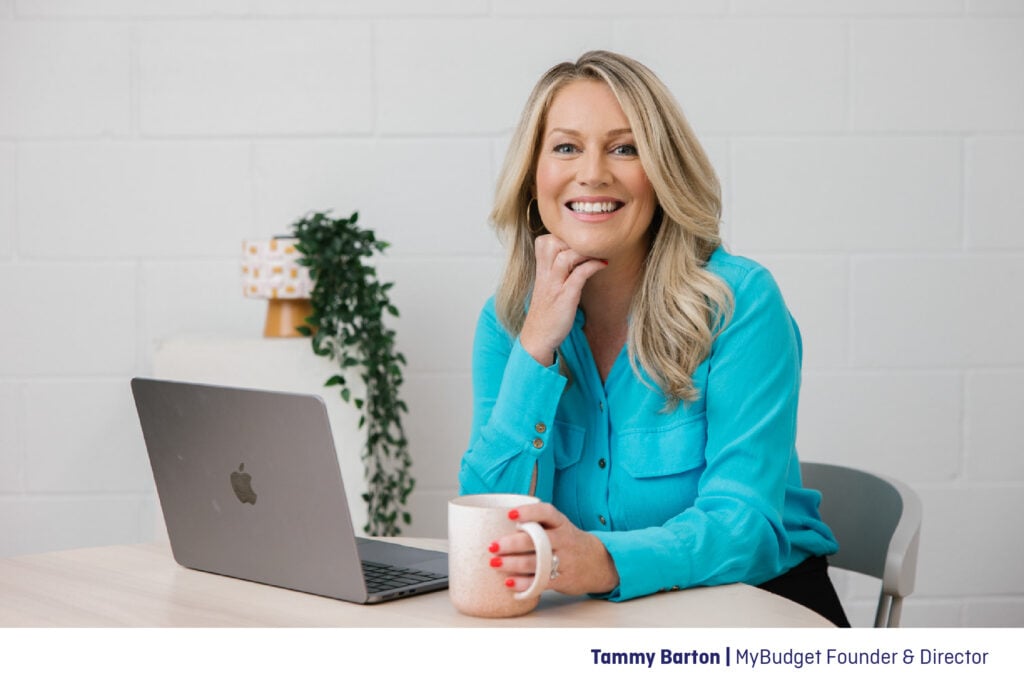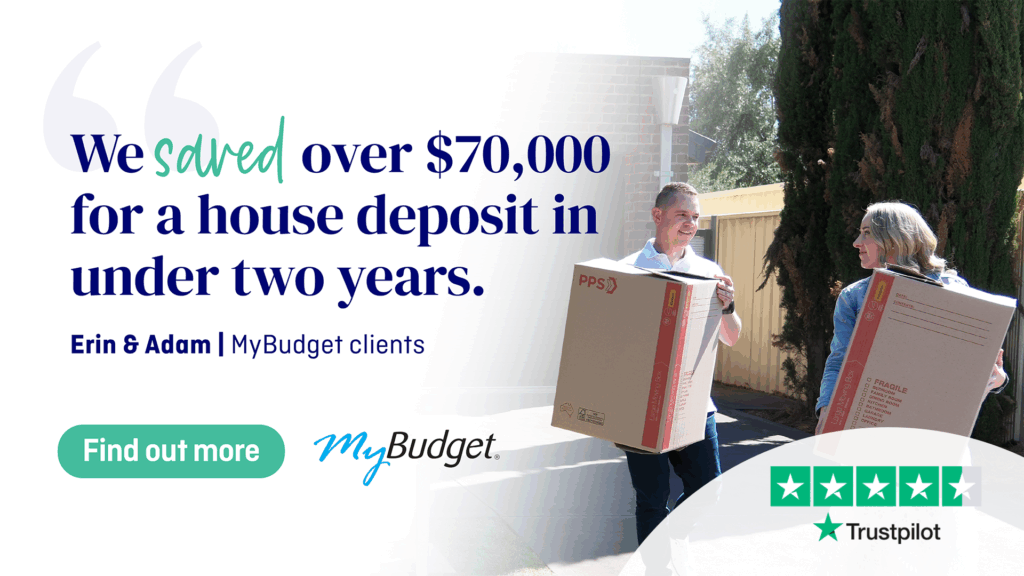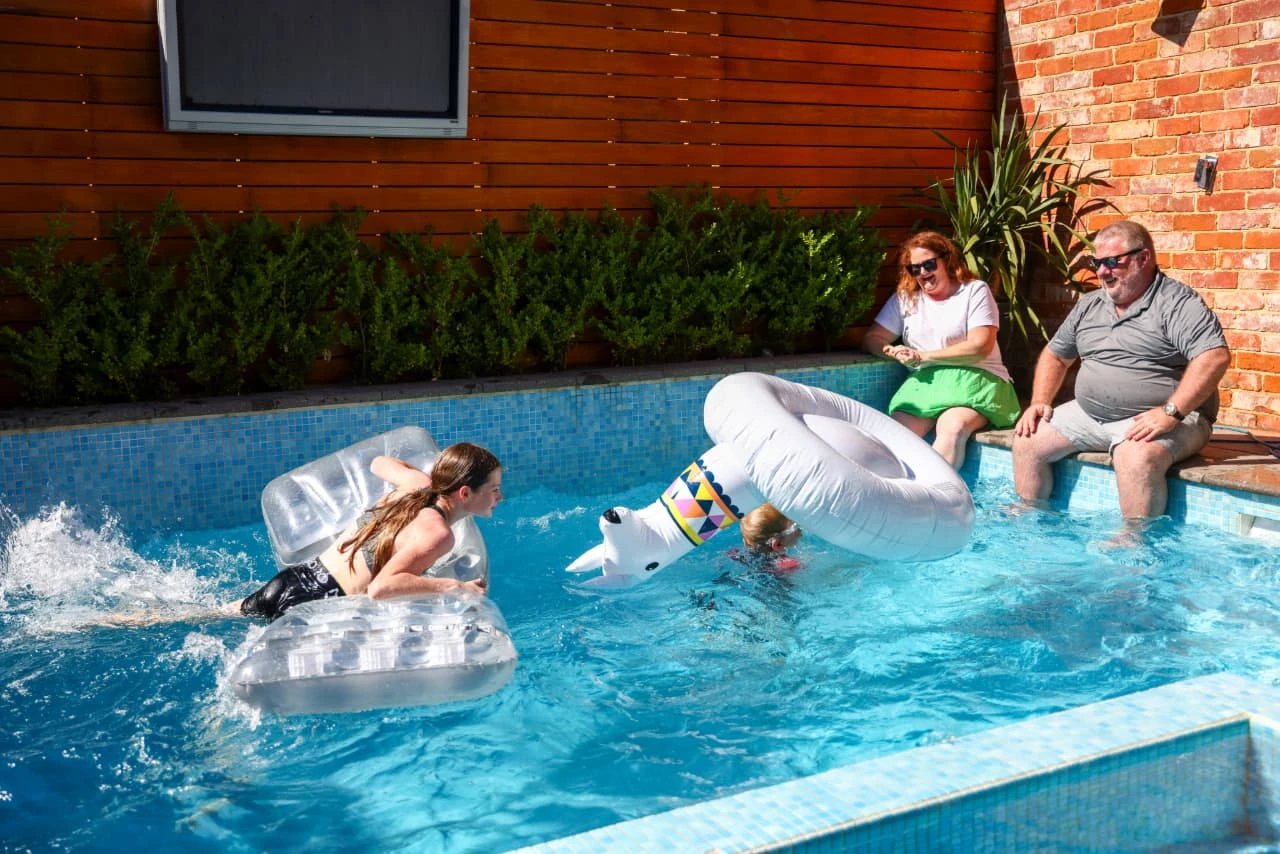How to save money in Australia: our ultimate savings guide
Are you struggling to save money and break free from living payday-to-payday, especially with today’s rising cost of living? Learn how to start saving money, create a money saving plan, and take control of your financial situation with a smart budget that helps you reach your financial goals.
Saving money with a budget plan
Saving money isn’t just about hoping there’s something left at the end of the month; it’s about having a clear savings plan that prioritises your expenses, sets financial goals, and reduces money stress. Without a solid approach, unexpected costs can quickly lead to credit card debt, loans, or dipping into savings accounts. Waiting for payday is exhausting, but a strong budget can change everything.
In this guide, we’ll cover practical money saving tips, budgeting strategies, and ways to cut household expenses so you can achieve your savings goals. Whether that’s buying your first home, saving for retirement, or building an emergency fund.
How do I start a budget and save money faster?
If unexpected bills keep knocking you off track, the best way to save money is to set up a personal budget. A well-structured budget matches your income with your expenses and helps you stick to your savings goals.
What are the steps to start a budget?
Here are 4 easy steps to do a budget:
- Download MyBudget’s free Personal Budget Template: It’s a simple tool that helps you set up your money saving plan
- List all your income sources: salary, side hustles, government benefits, and any other money coming in
- Track your expenses and categorise them: break them into fixed expenses (rent, home loans, insurance, subscriptions) and variable costs (groceries, transport, entertainment)
- Review and adjust regularly: cut non-essentials, redirect money into savings accounts, and tweak your plan when costs or income change.
Even small savings can add up. Sticking to a budget helps you save money fast and build towards bigger financial goals.
Looking for a more in-depth guide on how to budget better? Check out our step-by-step guide: How to set up a budget.
How can I automate my savings?
Automating transfers is one of the easiest ways to build consistent monthly savings. Set up an automatic transfer from your bank account to a separate savings account each payday. By making saving automatic, you’re far more likely to stick to your money saving plan.
What is the best savings account in Australia?
The best way to grow your savings fast is by finding a high-interest savings account. Compare banks, interest rates, and reviews, and look for bonus savings plans that reward regular deposits. Separate your savings from everyday bank accounts to avoid temptation and help achieve your financial goals sooner.
How to save money on groceries with meal planning
Meal planning, or meal prepping is a proven way to save money fast on groceries and reduce food waste. By creating money saving meal plans and sticking to a shopping list, you’ll cut down on impulse spending and lower your food bills.
Do you need meal prep inspiration? Check out our complete guide on Meal planning to save money.
“According to Canstar Blue, the average Australian household of three spends around $178 a week on groceries, that’s $771 a month or almost $10,000 a year.”
Top tips to save money on groceries
- Buy seasonal produce and swap brands for cheaper alternatives
- Reduce food waste by storing and reusing leftovers
- Stick to a shopping list to cut overspending
- Use loyalty programs for extra savings.
Looking for more money saving tips? Check out our blog on how to spring clean your finances.
How do I save money on household bills in Australia?
Cutting household bills is one of the quickest and most effective ways to free up cash for savings. By reviewing energy, insurance, and service providers regularly, you can often uncover big opportunities to reduce expenses and put more money towards your financial goals.

Tammy Barton, Founder and Director of MyBudget, recommends these expert money saving tips:
- Cut your electricity costs: switch to energy-efficient bulbs, use cold water for washing, turn off standby appliances, and compare providers regularly
- Stop overpaying for your phone and internet: compare plans every 12–24 months, bundle services, consider prepaid, and negotiate better deals
- Save money on groceries: plan your meals, shop the sales, try home brands, and consider Aldi for pantry staples
- Audit your monthly subscriptions: cancel unused ones, rotate services, or share family plans to save hundreds a year.
Every dollar saved on bills is money that can go into your emergency fund, retirement savings, or a house deposit.
Want more tips to cut your household bills? Read Tammy’s full guide on how to save on household bills.
How can I save thousands on big-ticket items?
To save thousands more, focus on cutting your biggest household costs like home loans, cars, and energy bills.
Should I refinance my home loan?
Refinancing your mortgage could save you thousands each year, especially if interest rates drop. MyBudget Loans clients save an average of $10,000 annually on repayments. A home loan check-up is one of the best ways to free up money for savings.
Book a free home loan health check with the MyBudget Loans team right now.
Is downsizing my car worth it to save money?
Yes. According to the RACV, downsizing your car or selling a second vehicle can save up to $5,000 a year on loan repayments, insurance, and fuel costs.
Can renting out unused space help me save more ?
Absolutely. Renting out a spare room, garage, or storage space can add extra income to your budget. The Flatmates.com.au Share Accommodation Survey 2024 found that 72% of people said rent relief was their main reason for sharing. Almost half said they could not afford to rent a whole property by themselves.
More young Australians are sharing living costs due to the high cost of living and it’s a practical way to reach savings goals faster, such as saving for a home deposit.

What are quick ways to save money today?
- Do a subscription services audit. See our full guide: How to stop subscription creep.
- Sell clutter online for quick cash. Get started here: how to sell things on eBay
- Try a no-spend money challenge to spend less and save fast
- Buy second-hand on Facebook Marketplace to save on anything from clothes to fridges.
- Save money on coffee: make barista-style espresso at home.
Curious how much you could save? Try the MyBudget Savings Goal Calculator to find out now.
How much do I need in an emergency fund?
At MyBudget, we suggest a minimum of 3-months of expenses in a separate savings account. You can start by saving small amounts, redirecting tax returns, or taking on a side hustle. Having an emergency fund reduces reliance on credit cards and helps protect your financial situation.
If you’re ready to take your savings to the next level and want a strategy that helps keep you on track, MyBudget is here to help.
How can MyBudget help me save money?
For over 25 years, MyBudget has helped 130,000+ Australians reduce money stress and build long-term savings. We provide:
✅ Personalised budget plans
✅ Debt relief solutions
✅ Expert support to achieve savings goals.
Imagine where you could be 12 months from now with a clear savings plan in place. Enquire today or call MyBudget on 1300 300 922 and take the first step towards financial freedom.



